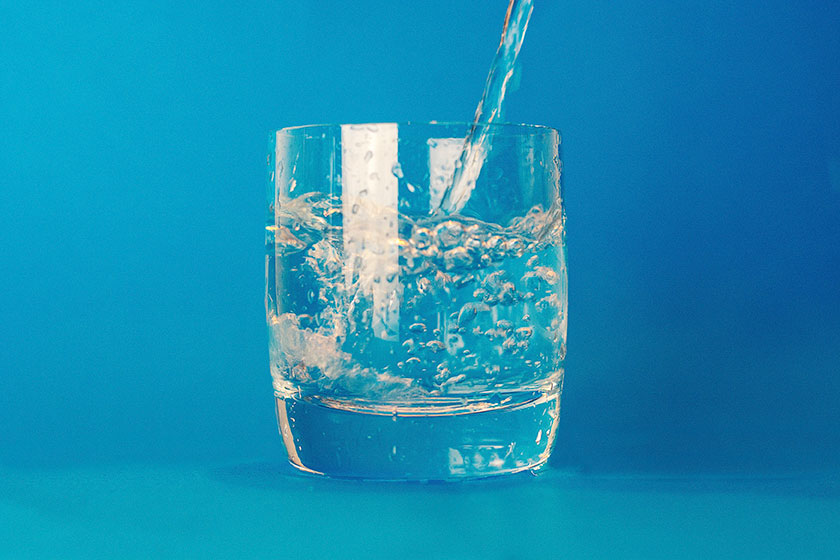Proper hydration is a fundamental component of kidney health. Its role becomes even more evident when discussing how to prevent kidney stones. Research demonstrates that increasing water intake can lower the risk of these painful stones. Let’s explore the relationship between hydration and kidney stone prevention, highlighting the role of fluid choices and dietary factors.
Water Intake Link to Stones
Water plays a key role in kidney function, particularly in preventing kidney stones. Stones form when high concentrations of minerals such as calcium, oxalate, and uric acid crystallize in the urine. Dehydration increases this concentration, creating an environment conducive to stone formation.
Drinking sufficient water increases urine volume, which dilutes these minerals, reducing their chance of crystallizing. A study published in the “Journal of the American Society of Nephrology” encouraged individuals to consume fluids and aim to produce over 2.5 liters of urine daily. Maintaining an adequate fluid intake effectively reduces the likelihood of these minerals reaching levels promoting stone development.
Fluid Choices for Stone Prevention
While water is the most effective option for preventing a kidney stone, other fluids contribute to overall hydration. Citrus-based juices contain citrate, which binds with calcium in urine and reduces the risk of stone formation. Natural fruit juices can moderately raise urinary citrate levels, protecting against stones.
On the other hand, sugary beverages, like soda or artificially sweetened drinks, may increase the risk of kidney stones. This is due to their high fructose content. Cranberry juice has been associated with a higher concentration of calcium in urine and may acidify urine, raising the chance of uric acid stone formation. To maintain optimal hydration for kidney health, it is helpful to prioritize fluids that lower the risk of stone formation.
Mineral Concentration Monitoring
Dehydration significantly increases the concentration of minerals and solutes in urine, creating an environment conducive to crystal formation. When the body’s fluid intake is insufficient, urine becomes more concentrated, reducing its ability to dilute substances such as calcium, oxalate, and uric acid. This elevated concentration promotes the aggregation of these minerals, leading to the formation of crystals that can eventually develop into kidney stones. Adequate hydration makes sure that urine remains diluted, lowering the risk of oversaturation and inhibiting the crystallization process. Maintaining consistent fluid intake is thus a key factor in preventing the conditions necessary for kidney stone development.
Dietary Factors and Hydration
Hydration alone cannot entirely prevent kidney stones. Dietary choices are equally key in maintaining a balance between mineral intake and excretion. For instance, consuming calcium-rich foods, such as dairy products, helps bind dietary oxalates in the gut, reducing oxalate absorption into the bloodstream.
Eating a balanced diet rich in fruits and vegetables is beneficial. These foods may lower dietary acid load and promote a slightly alkaline urinary environment, both of which are key to reducing the likelihood of a kidney stone. Combined with proper hydration, these dietary adjustments create a comprehensive strategy for kidney stone prevention.
Schedule Your Kidney Stones Evaluation Today
Hydration remains a key aspect of preventing kidney stones. Increasing water consumption and choosing the appropriate fluids can reduce the concentration of stone-forming minerals in your urine. Coupled with a balanced diet, these actions create conditions unfavorable for stone development.
If you have a history of kidney stones or are concerned about prevention, schedule your evaluation today to receive personalized recommendations.









